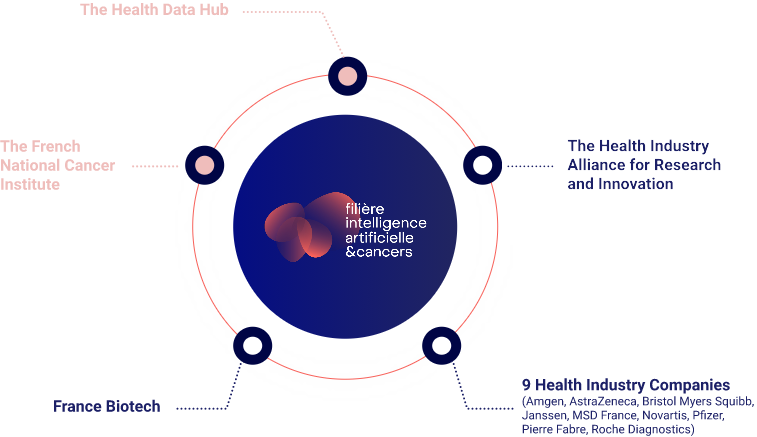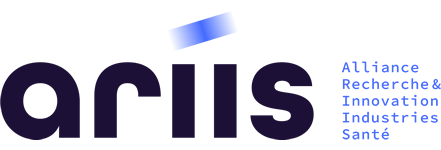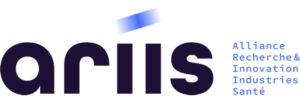- AI & Cancer
Derived from the Strategic Contract for the Healthcare Industry and Technology Sector and the result of over two years of collaboration between ariis and the National Cancer Institute, the Artificial Intelligence & Cancer project stands as one of ariis’s most significant achievements within the AI & Health Program. Its ambition is to establish France as a global leader in cancer research and development, and to modernize and differentiate the national data ecosystem to address unanswered questions in oncology care pathways.

Context & Objectives
The use of artificial intelligence in healthcare data processing can prove decisive in the research and development of new diagnostic and treatment strategies. To address these challenges, the “Artificial Intelligence & Cancer” project has been structured around five pillars:
Building Trust around Health Data: Ensuring transparency in means, objectives, and expected results.
Leading Projects Addressing Care Challenges: Conducting Projects for the Reuse of Cancer Data (PRC) to deliver innovative therapeutic and diagnostic solutions, whether for the most common or rarest cancers.
Creating an Open Environment for Innovation: Accelerating the capacity for all to access interoperable, homogeneous, and complementary oncology data.
Implementing a Decentralized Project Structure: Led by industrial partners, carried out at the national, regional, or even local level.
Engaging with Civil Society: Committing to explaining progress in oncology to the general public and communicating pedagogically about the issues addressed: the role of data in innovation, the implications of artificial intelligence in oncology, its promises, developments, and limitations.
These pillars form the essential foundation for the operation and evolution of the “Artificial Intelligence and Cancer Sector” Association, which drives the sectoral project. For more details, please refer to the Association’s Common Values Charter.
Governance
This sectoral project is led by the “Artificial Intelligence and Cancer Sector” Association, established on August 3, 2021. Comprising 12 founding members, this Association is the result of an unprecedented public-private partnership. It brings together:
- Public stakeholders represented by the National Cancer Institute and the Health Data Hub.
- Private stakeholders represented by ariis, France Biotech, and 8 healthcare industry players (Amgen, AstraZeneca, Janssen-Cilag, MSD, Novartis, Pfizer, Pierre Fabre, Roche Diagnostics France).

The “Artificial Intelligence and Cancer Sector” Association combines the strengths of each actor in their respective domains:
- ariis brings its unifying vision to structure the healthcare sector and its ability to create an effective dialogue space, particularly between industry and government entities.
- Healthcare industry players and biotech companies bring their capacity for innovation, research, and development.
- Public representatives contribute their national and unifying vision and ensure the respect for public interest and the proper use of data.
The creation of this Association is financially supported by the Public Investment Bank to the tune of €8.2 million and by the seven founding industry partners of the project, each contributing €1 million over five years.
For more details on the missions and functioning of the Artificial Intelligence and Cancer Sector Association, please refer to the Association’s Statutes.
Deliverables
Built around a highly practical approach, the “Artificial Intelligence and Cancer Sector” Association instructs and supports the implementation of Projects for the Reuse of Cancer Data (PRC) conducted by the founding industry partners, partners, or clients. These PRCs represent various questions and challenges within the pharmaceutical and diagnostic sector and call for innovative approaches to enhance cancer knowledge and enable more precise medicine.
In line with its sectoral approach, the Association also ensures overall coherence and coordination. In this regard, all feedback and best practices from each PRC will be shared to both accelerate and amplify successes and mitigate risks of failure by identifying barriers to overcome.
The ambition is to support 50 PRCs over 5 years.
Click here to learn more about the Association.


